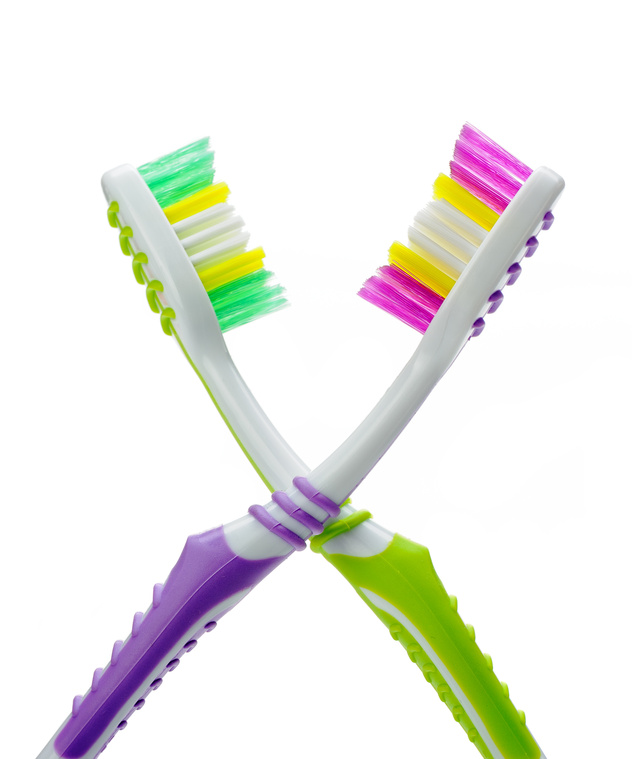
It is a well-understood fact that most people intensely dislike going to the dentist. As a result of this seemingly universal antipathy, many people never learn or practice a healthy routine with their visits to the dental office. The appropriate visitation routine is imperative for a healthy mouth, so here are some tips about when to visit the dentist in general and how to handle emergency dental situations.
Regular Care and Cleaning
- Regular visits prevent problems or catches those problems that develop in their initial stages. Such dental issues are far easier and cheaper to treat.
- Contrary to the “once a year” belief most people maintain for the appropriate amount of dental office visits, there is no universal rule. Each person’s mouth is unique, and some people actually would be far better off with more visits.
When You Need Emergency Dental Care
- If you knock out a tooth, it is important to keep it moist in your mouth, in a cup of milk, or in a synthetic tooth preservative. Get to a dentist immediately.
- If your tooth is cracked, rinse with warm water and apply ice packs to diminish swelling. Get into the dentist’s office as soon as possible.
- In the event of a toothache, do not put aspirin on the affected area. This popular folk remedy can actually burn your gums.
- If you ever think your jaw is broken, apply cold compresses to prevent swelling. Proceed directly to the emergency room or to a dentist that provides emergency services.
Rules to Remember
Although nothing can truly eliminate the potential for accidents, taking basic precautions can prevent most emergency dental visits. There are three rules, in particular, you should follow:
- Always use a mouthguard when you are playing sports.
- Do not crunch down on hard foods, like ice or popcorn kernels, which can crack your teeth.
- Do not use your teeth as cutting instruments. Take the time to grab the scissors, or resign yourself to having dentures far earlier than you might need to otherwise.
.
With the rules and tips listed above, you shall have the tools to establish a regular dental routine that will keep your mouth healthy for decades to come.